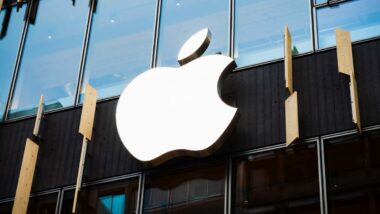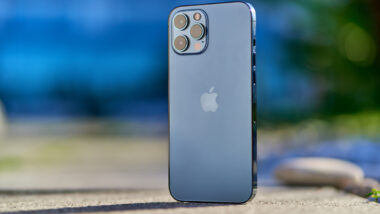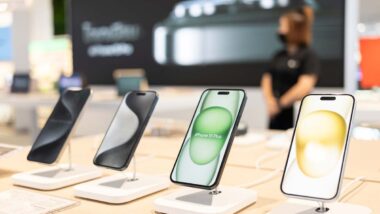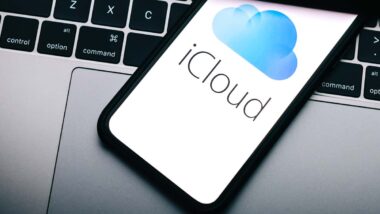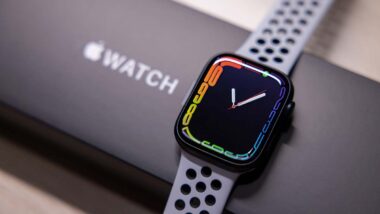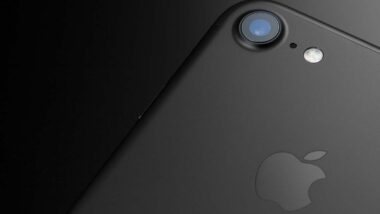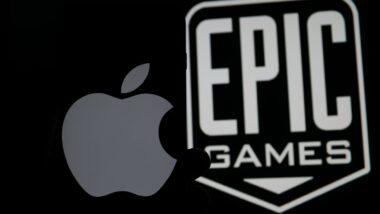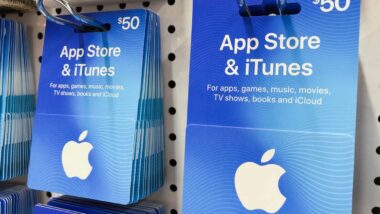Top Class Actions’s website and social media posts use affiliate links. If you make a purchase using such links, we may receive a commission, but it will not result in any additional charges to you. Please review our Affiliate Link Disclosure for more information.

Lead plaintiff Katherine Silas alleges that the tech giant changed the standard for its cables that both transfer data and help to recharge certain devices in order to maintain a profit. In fact, the company charges third party manufacturers a certain fee per device in order to make Lightning USB connectors, according to the Apple Lightning class action lawsuit.
However, Silas alleges that Apple did not notify consumers that if they wanted to buy Lightning USB connectors that they would have to be from approved sources. According to the Apple class action lawsuit, when consumers use cables from companies that have not entered into contracts with Apple, they are notified in a pop-up window that they are unusable. “As a result, consumers are unable to use the Lightning accessory and forced to purchase an Apple-branded or Apple-licensed Lightning accessory at a supracompetitive price,” Silas alleges.
Instead of being able to purchase the cables on the open market where there would be more reasonable prices due to increased competition, the Apple Lightning USB lawsuit alleges that Apple has created an effective monopoly without informing consumers. As a result, the class action lawsuit seeks damages on counts of breach of express contract, California’s Unfair Competition Law and others.
This is not the first time that Apple has had problems regarding power adapters and other cables. It is only the most recent Apple Lightning USB class action lawsuit, with an earlier one focusing on the alleged rapid deterioration of the cables. The plaintiff in that case alleged that as a result it requires significant manipulations in order to continue to use the cables. Otherwise, just as Silas argues, consumers would need to purchase replacement Lightning USB cables at an inflated price due to Apple’s reportedly uncompetitive practices.
Apple also settled a class action lawsuit in 2013 to resolve allegations that the AC adapter included with both the MacBook Pro and the MacBook Air laptops was defective. The lead plaintiff alleged that it was prone to fraying and otherwise deteriorating, similar to the Apple Lightning USB cables. In exchange for not pursuing further litigation, Apple agreed to pay up to $79 for each person who had to buy replacement adapter and for some consumers, they may still be able to obtain a replacement at no charge depending on when they first purchased their laptop.
Silas is represented by Christopher P. Ridout of Ridout Lyon + Ottoson.
Information regarding the case number and related details of Apple Lightning USB class action lawsuit were unavailable at the time of publication.
ATTORNEY ADVERTISING
Top Class Actions is a Proud Member of the American Bar Association
LEGAL INFORMATION IS NOT LEGAL ADVICE
Top Class Actions Legal Statement
©2008 – 2024 Top Class Actions® LLC
Various Trademarks held by their respective owners
This website is not intended for viewing or usage by European Union citizens.




